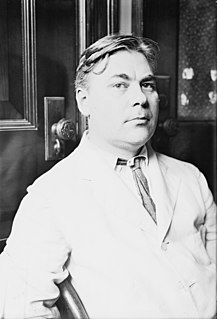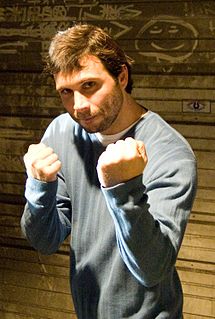A Quote by Margaret Fuller
there is such a rebound from parental influence that it generally seems that the child makes use of the directions given by the parent only to avoid the prescribed path.
Related Quotes
Without a sense of the shame or guilt of his or her action, the child will only be hardened in rebellion by physical punishment. Shame (and praise) help the child to internalize the parent's judgment. It impresses upon the child that the parent is not only more powerful but also right. Like the Puritans, Locke (in 1690), wanted the child to adopt the parent's moral position, rather than simply bow to superior strength or social pressure.
Because adoption meets the needs of children so successfully, and because there have long been waiting lists of couples hoping to adopt babies and children, it would seem that the solution for abused or neglected kids was obvious. But not to the do-gooders. To remove a child from an abusive parent, sever the parent's parental rights, and permit the child to be adopted by a couple who would give the child a loving home began to seem too 'judgmental.'
A conscious parent is not one who seeks to fix her child or seek to produce or create the 'perfect' child. This is not about perfection. The conscious parent understands that is journey has been undertaken, this child has been called forth to 'raise the parent' itself. To show the parent where the parent has yet to grow. This is why we call our children into our lives.
The traditional paradigm of parenting has been very hierarchical, the parent knows best and very top down. Conscious parenting topples [this paradigm] on its head and creates this mutuality, this circularity where both parent and child serve each other and where in fact, perhaps, the child could be even more of a guru for the parent .... teaching the parent how the parent needs to grow, teaching the parent how to enter the present moment like only children know how to do.
A method of child-rearing is not--or should not be--a whim, a fashion or a shibboleth. It should derive from an understanding of the developing child, of his physical and mental equipment at any given stage, and, therefore, his readiness at any given stage to adapt, to learn, to regulate his behavior according to parental expectations.
I have great faith in 'ordinary parents.' Who has a child's welfare more at heart than his ordinary parent? It's been my experience that when parents are given the skills to be more helpful, not only are they able to use these skills, but they infuse them with a warmth and a style that is uniquely their own.



































